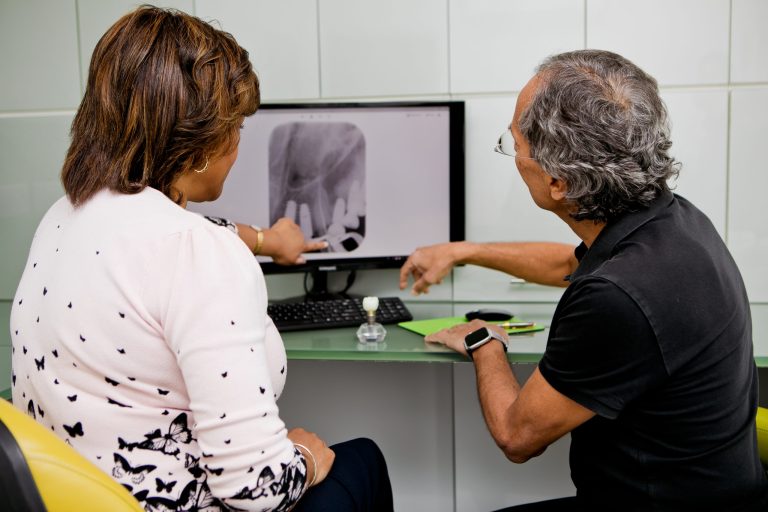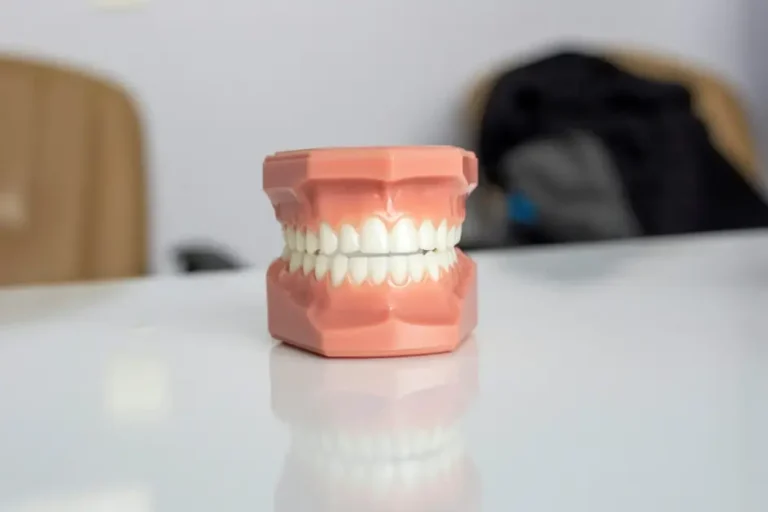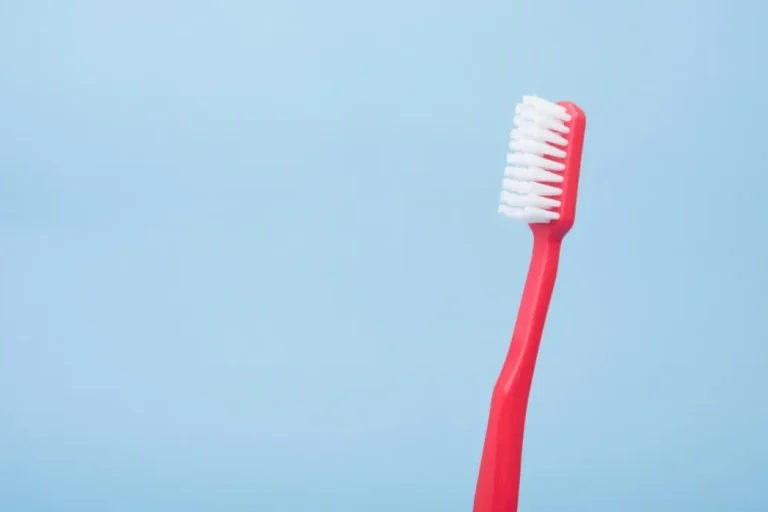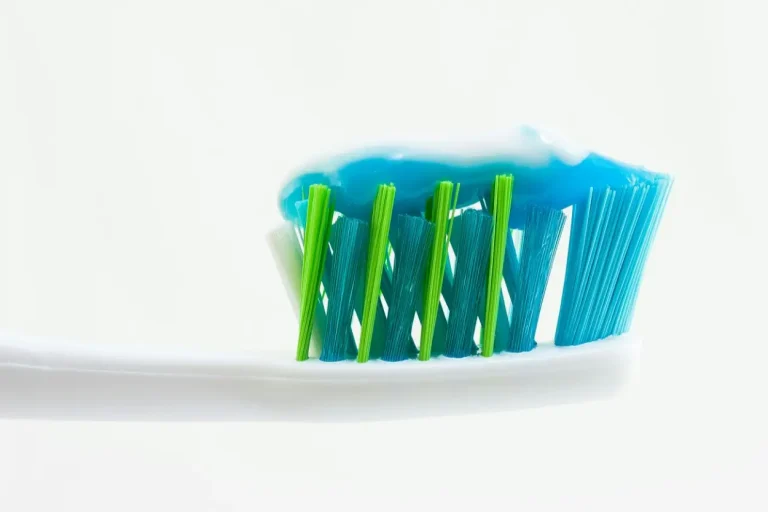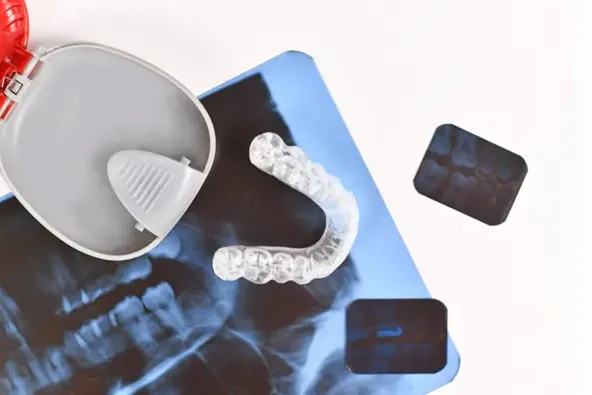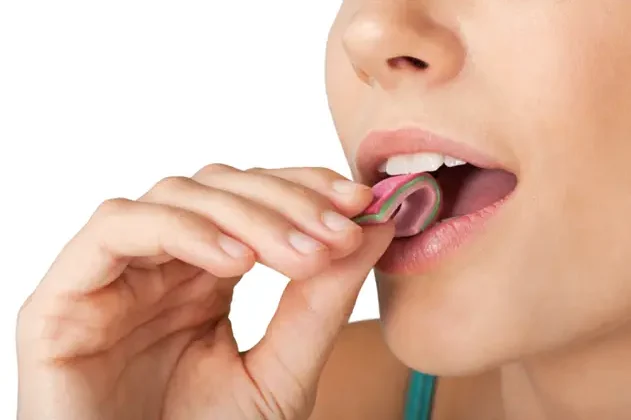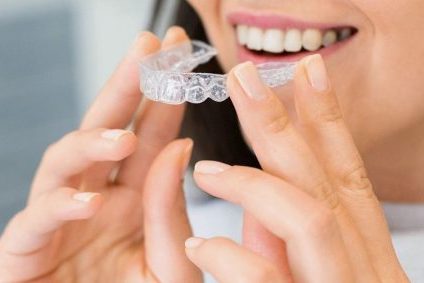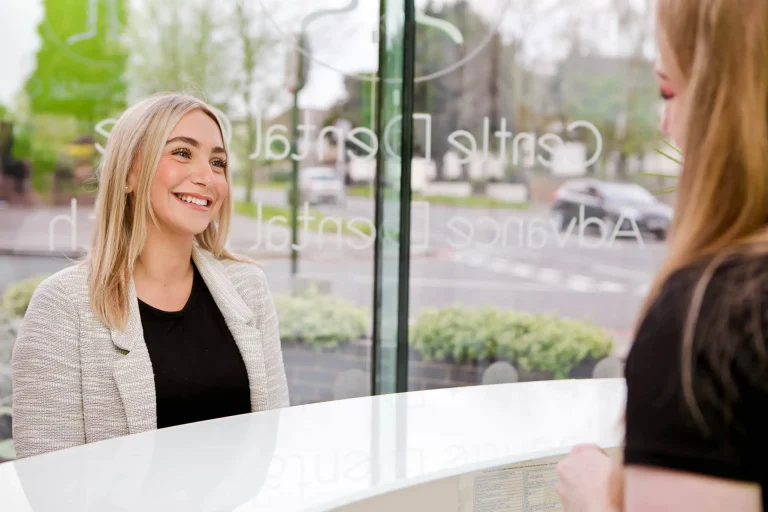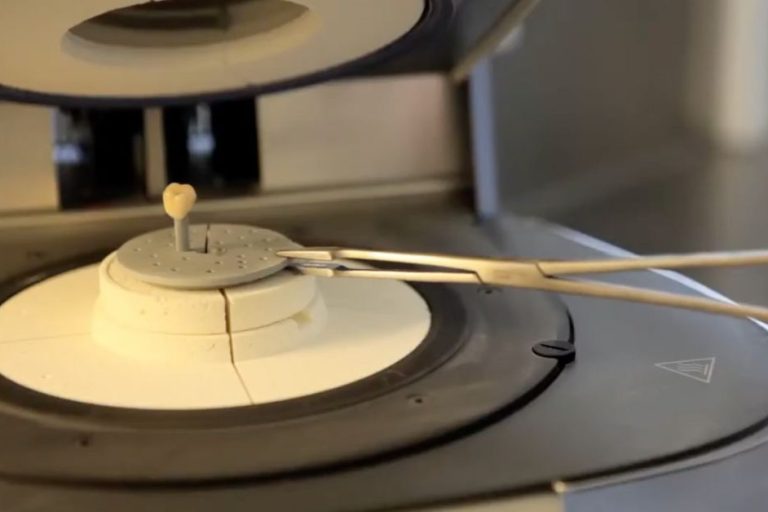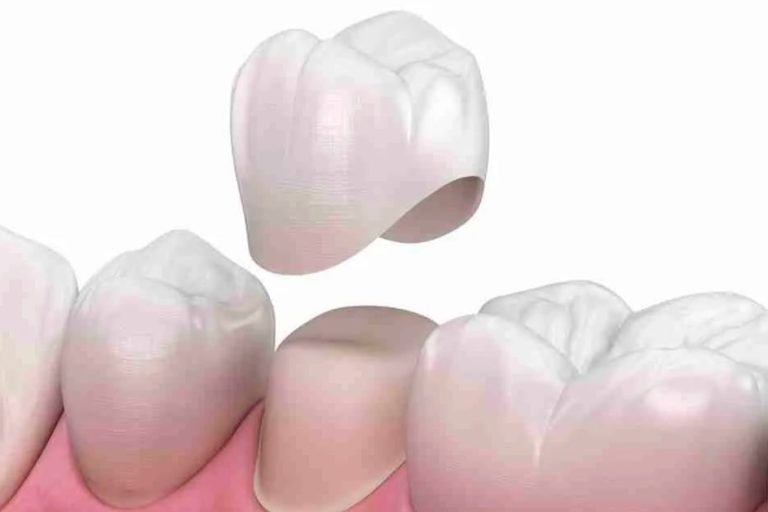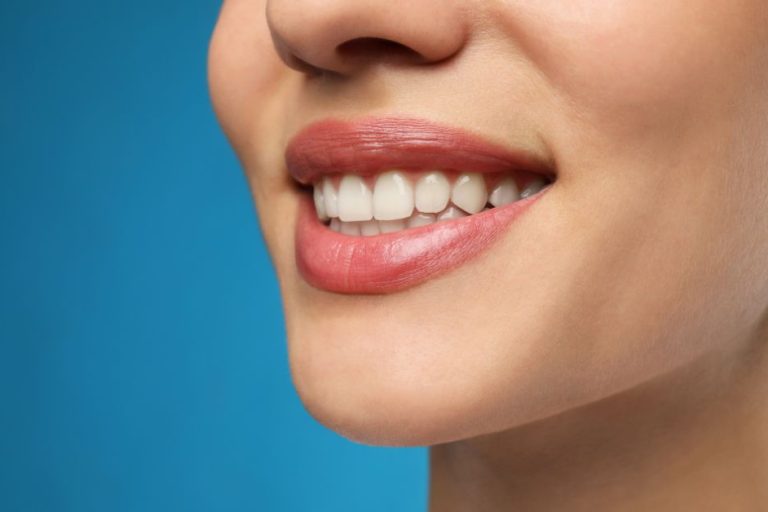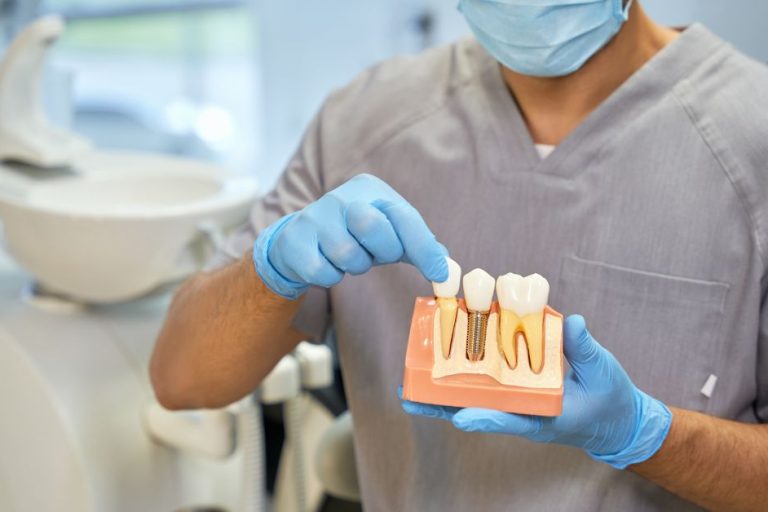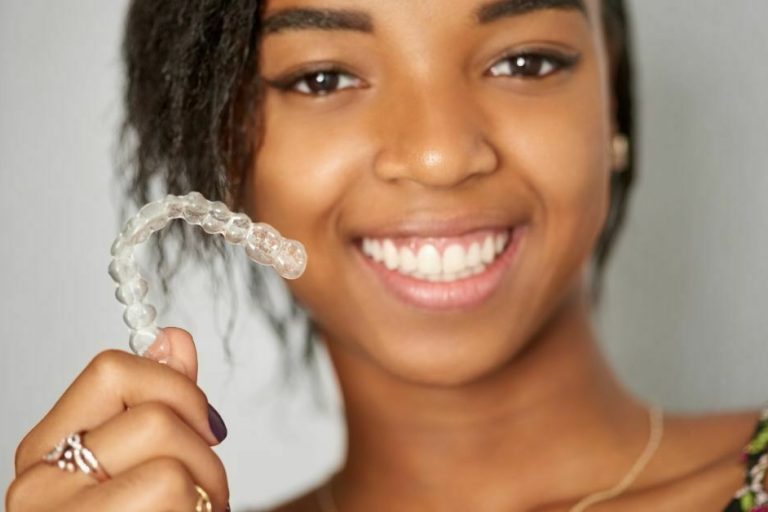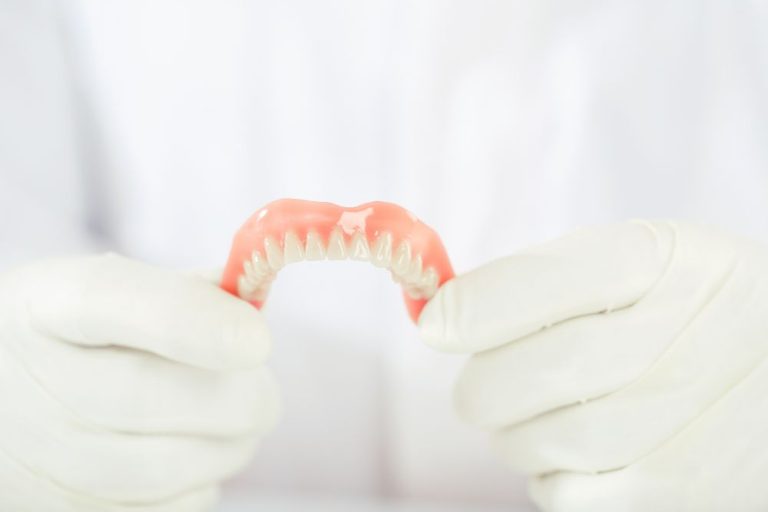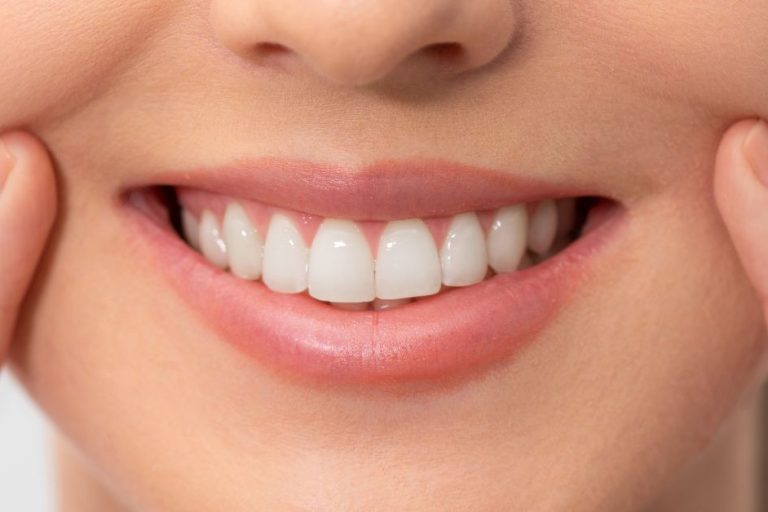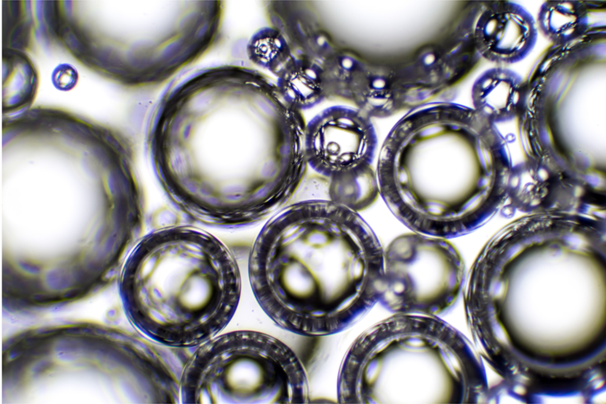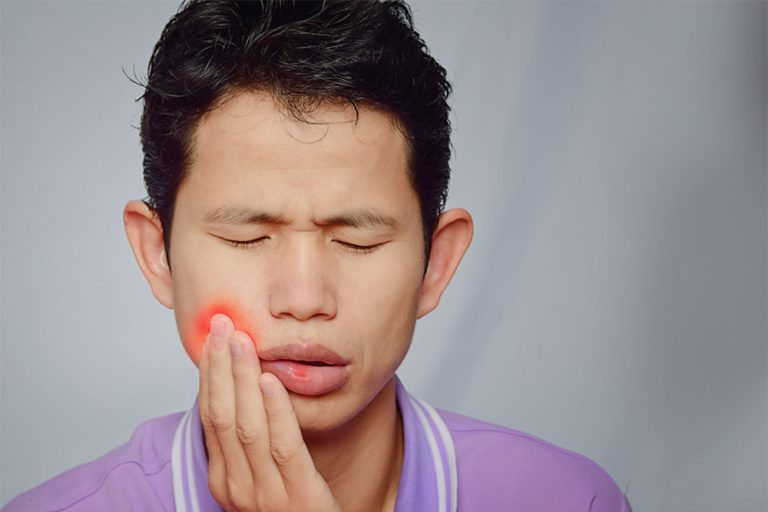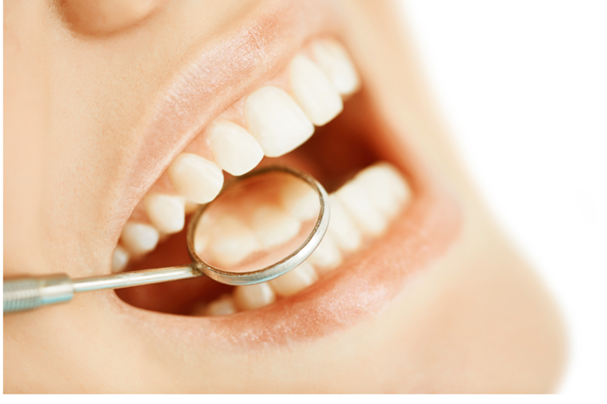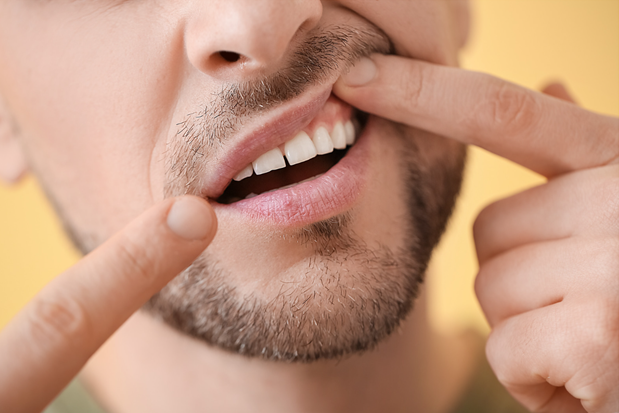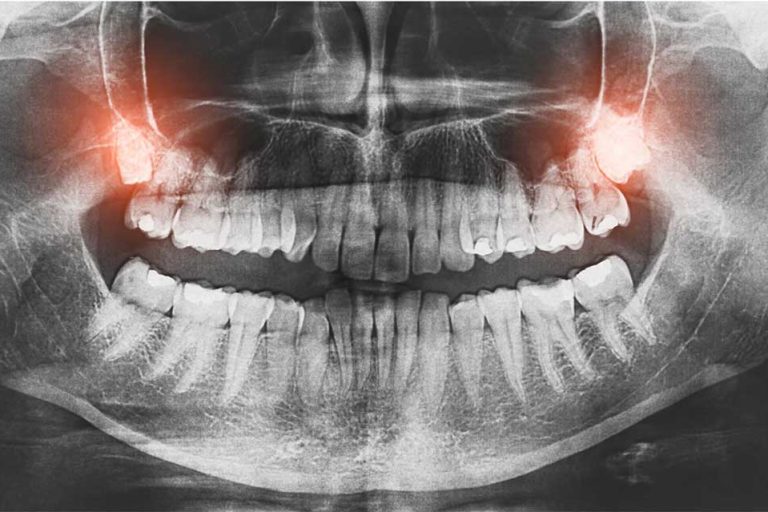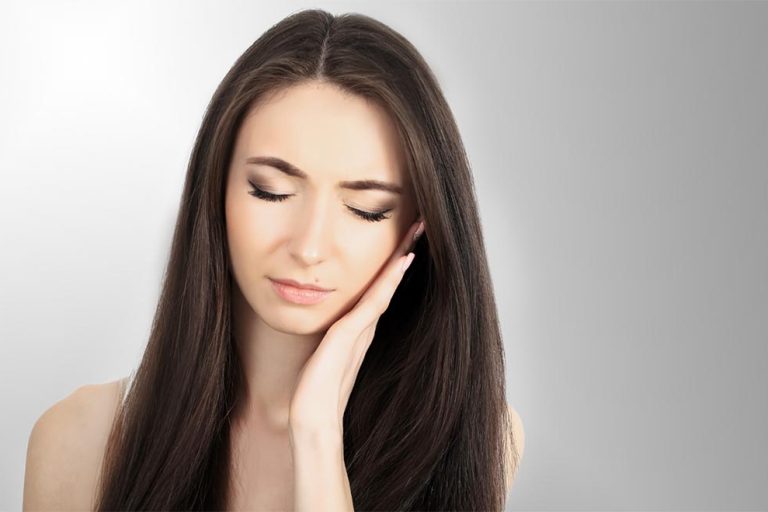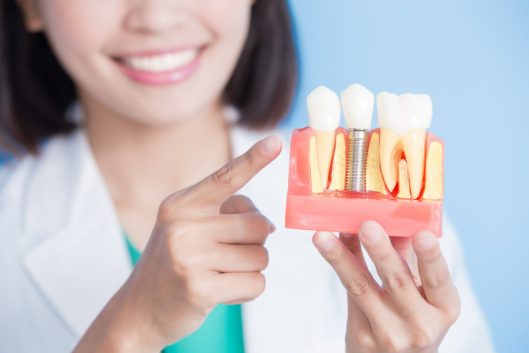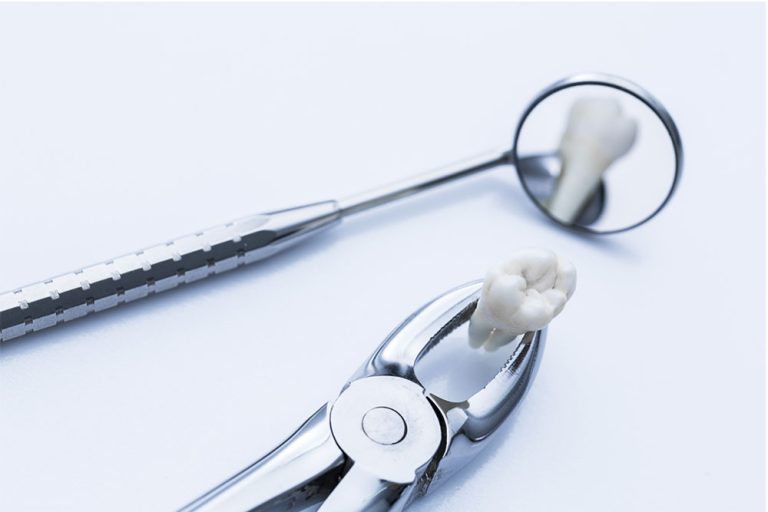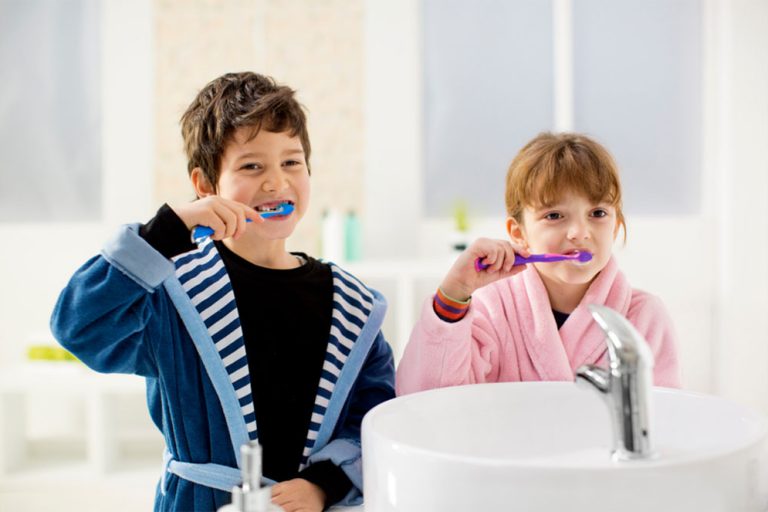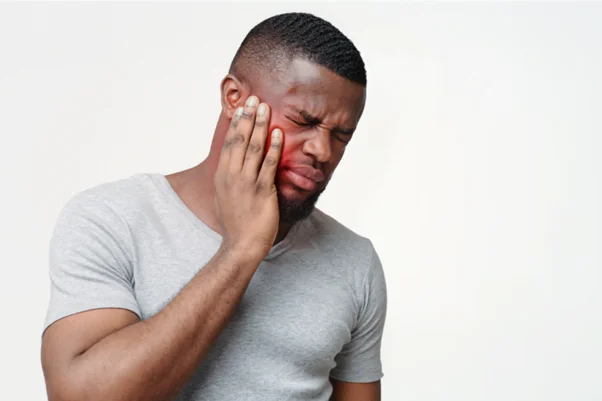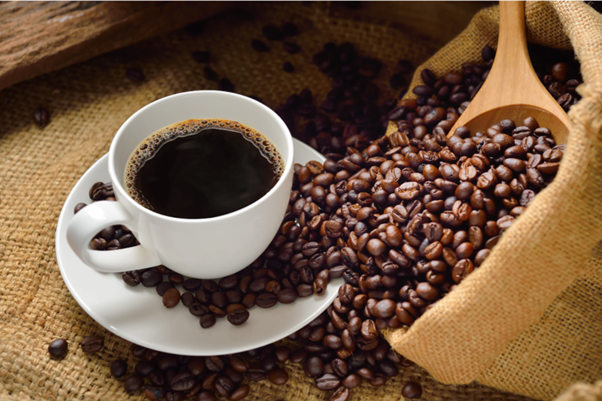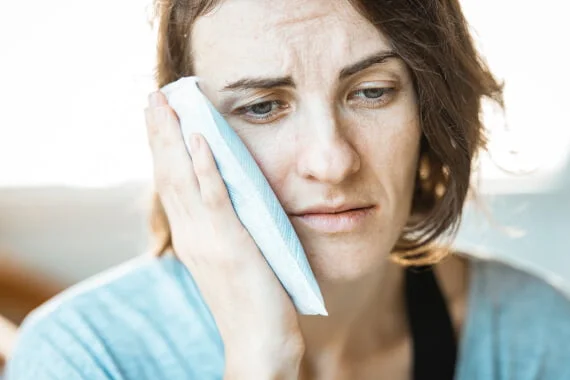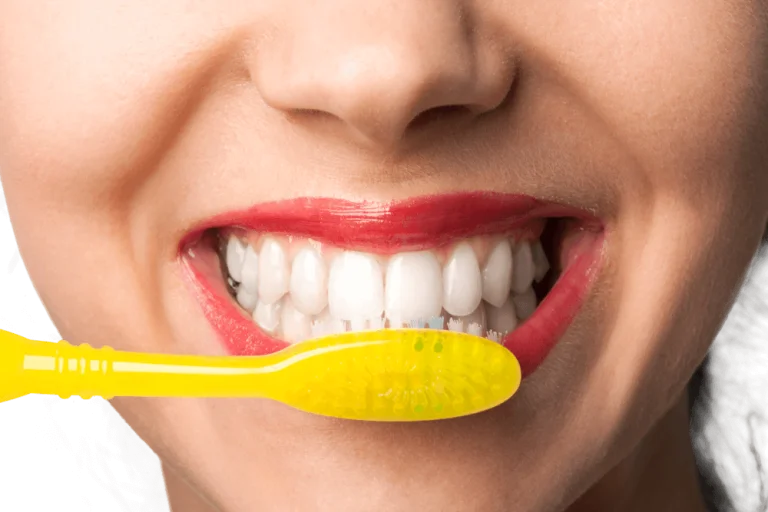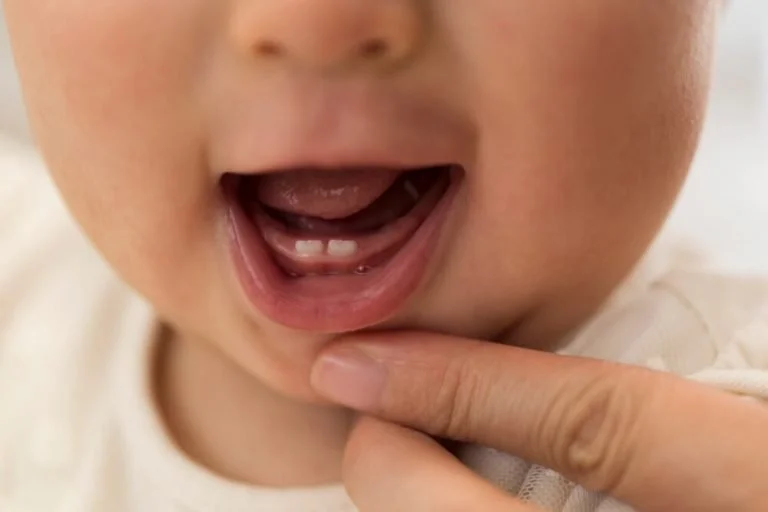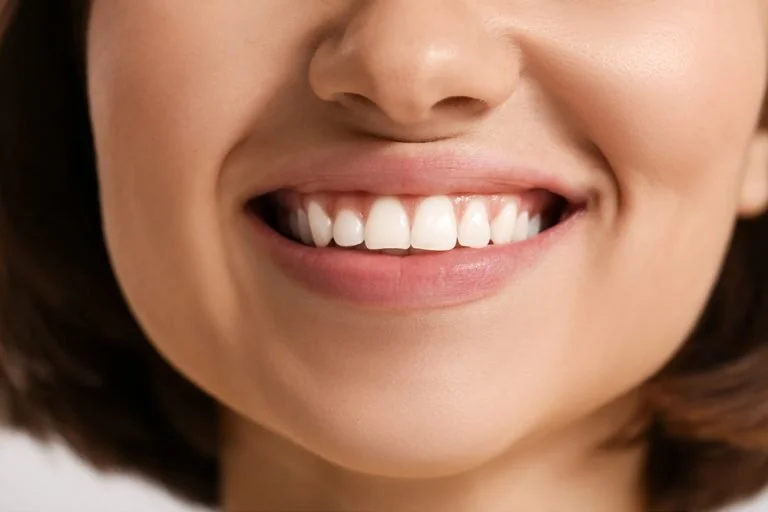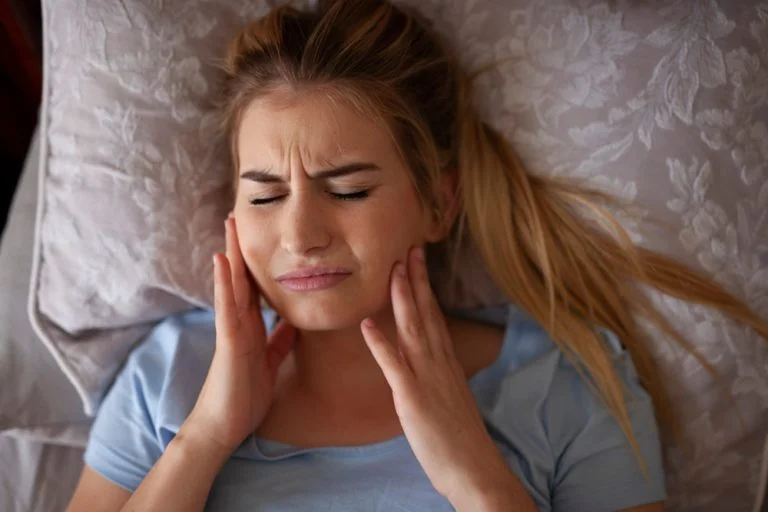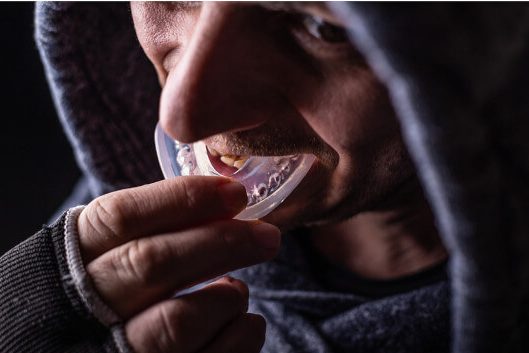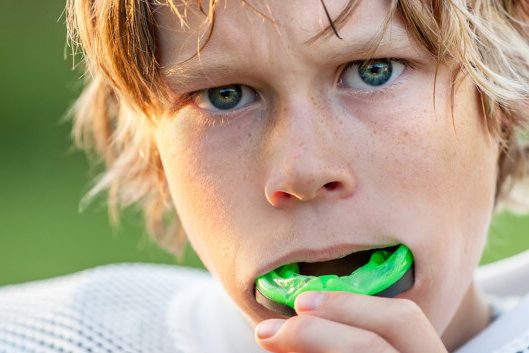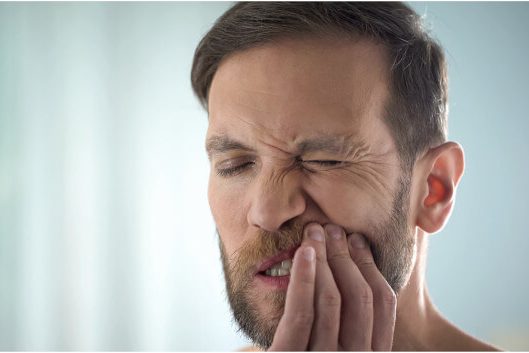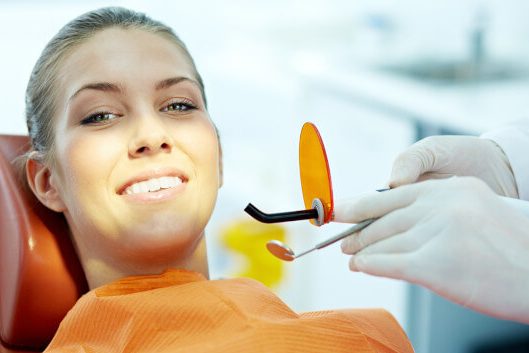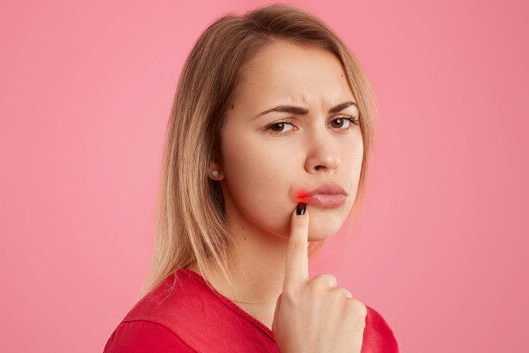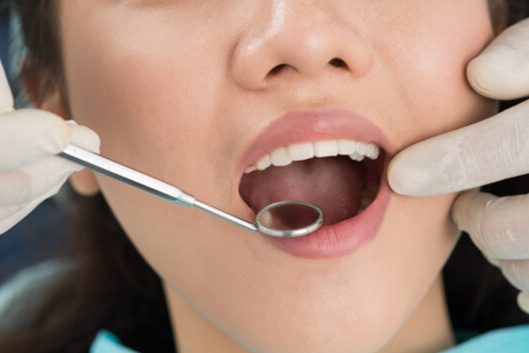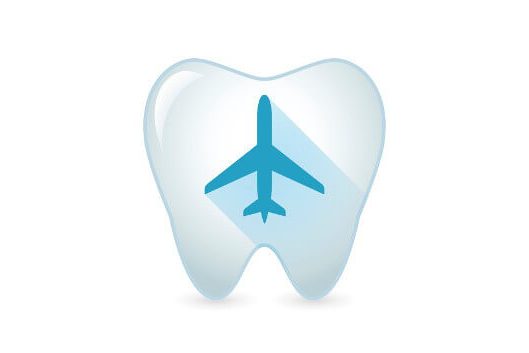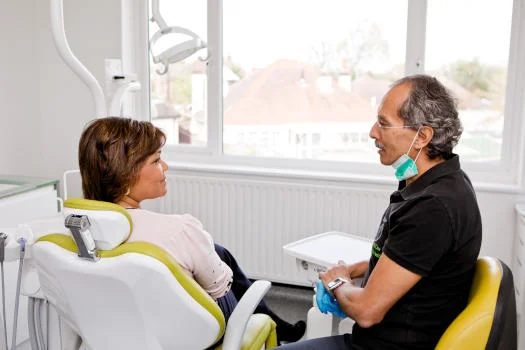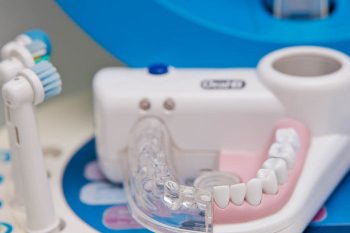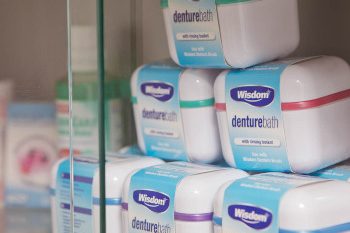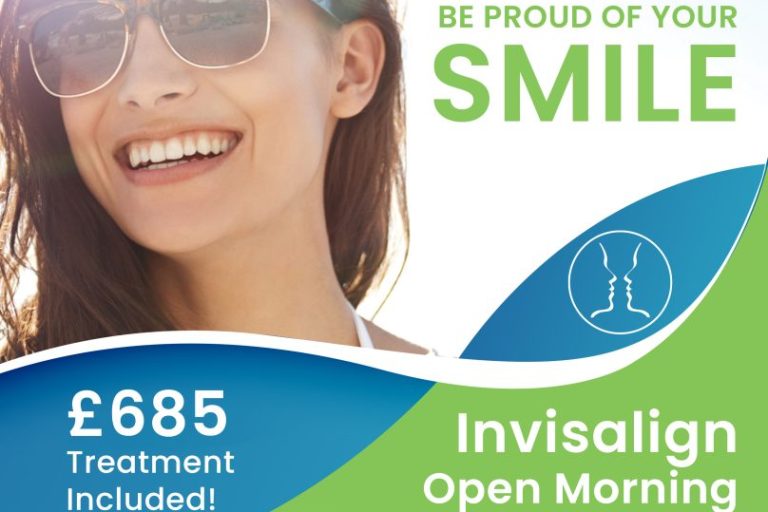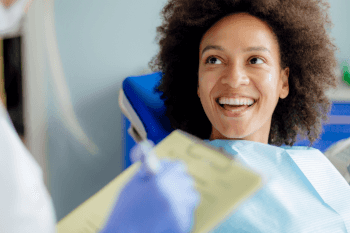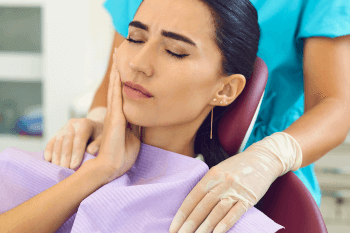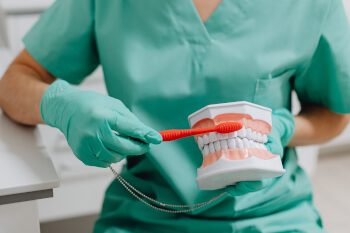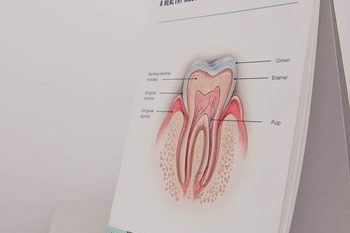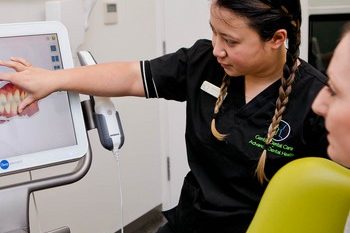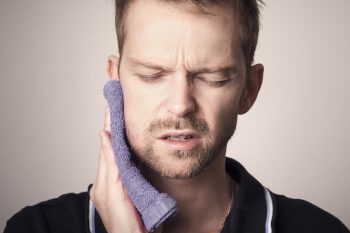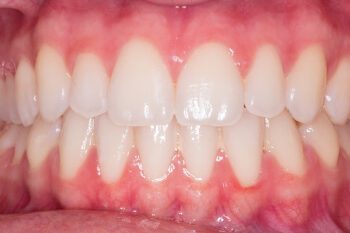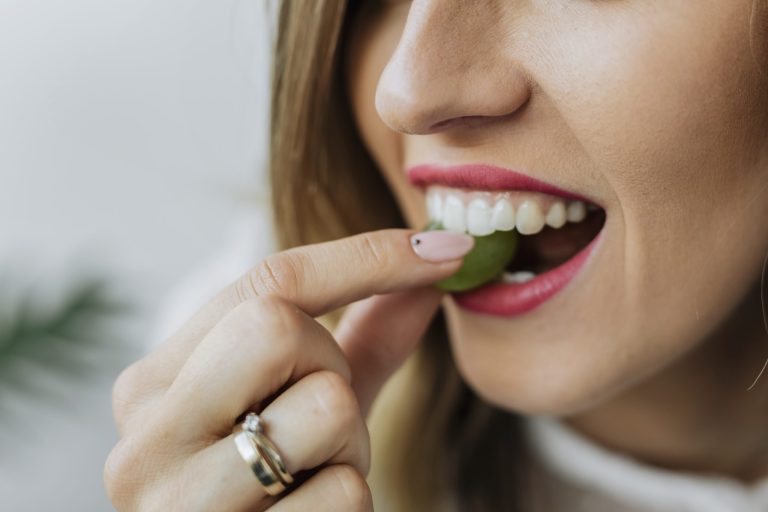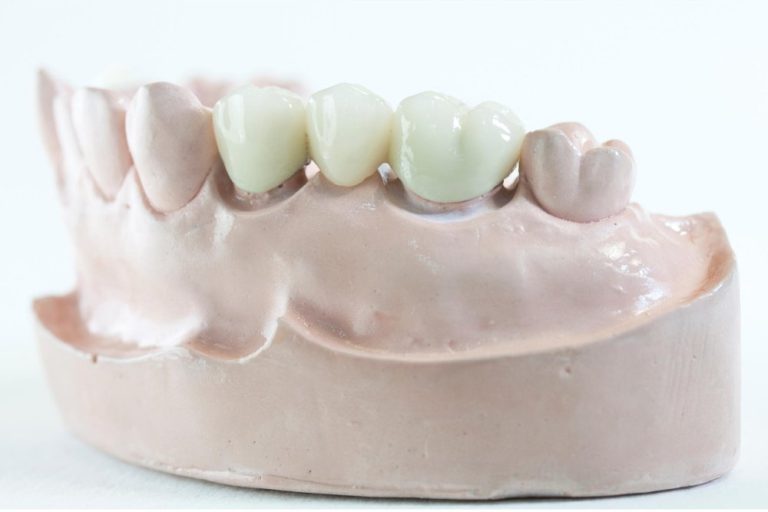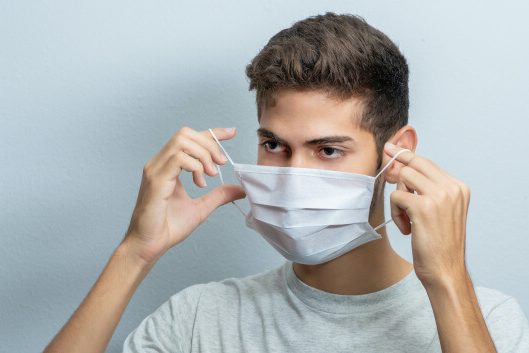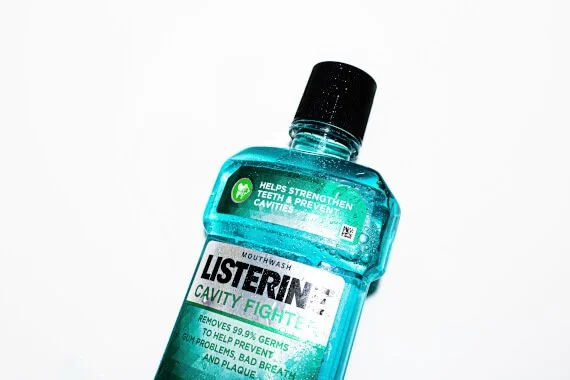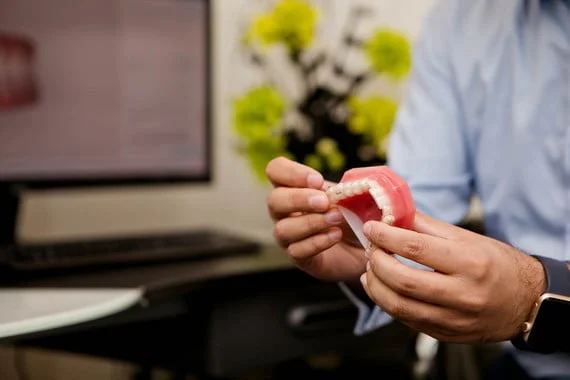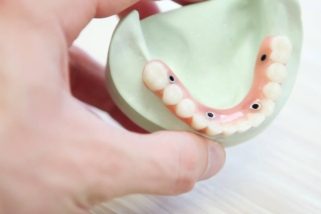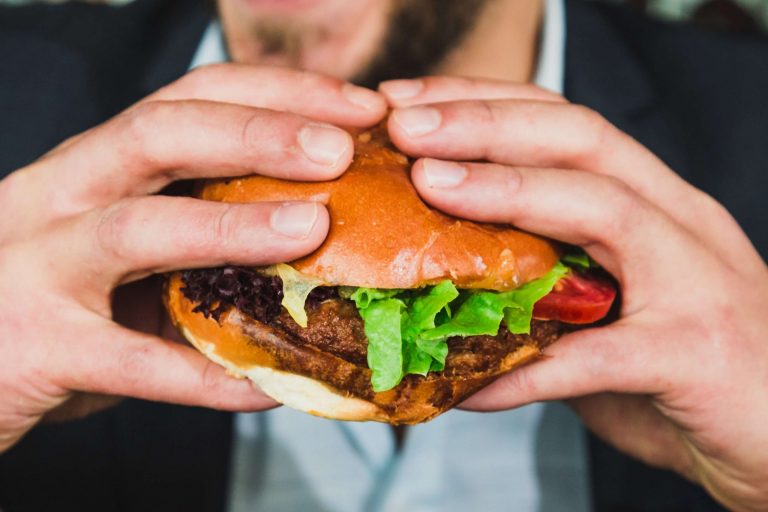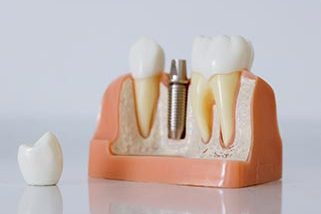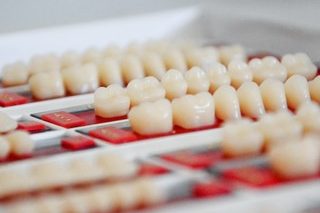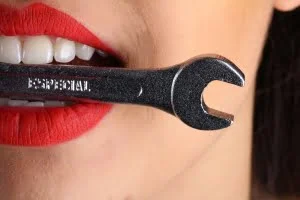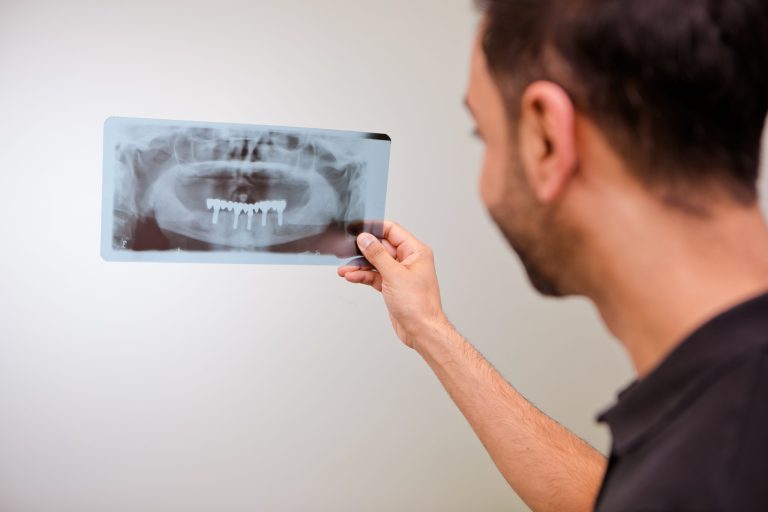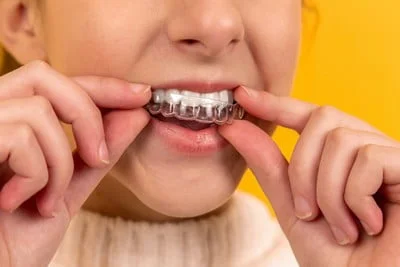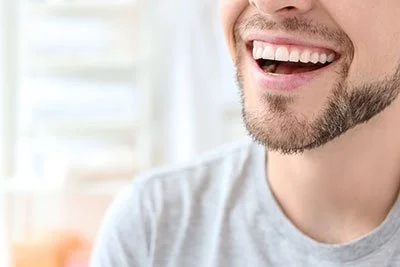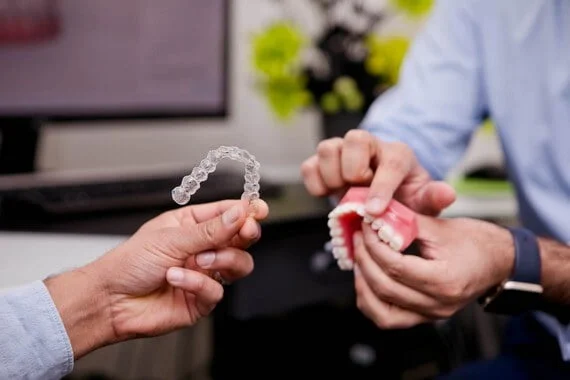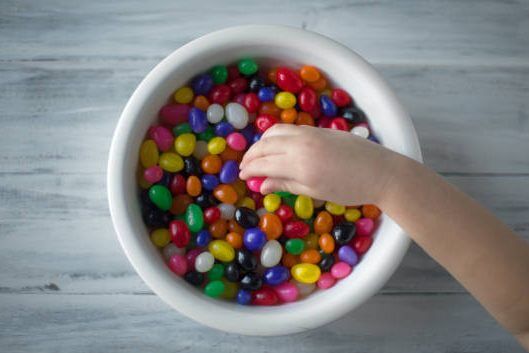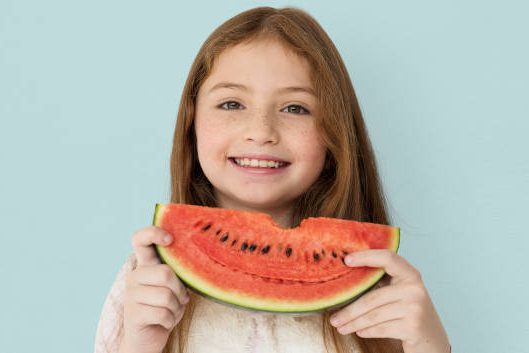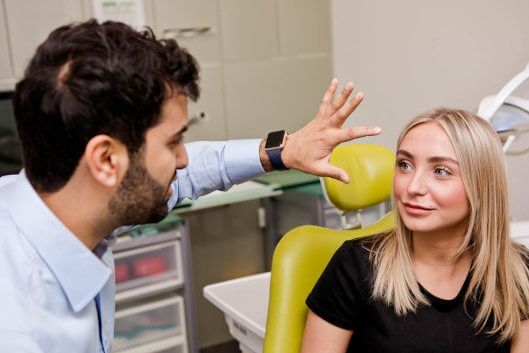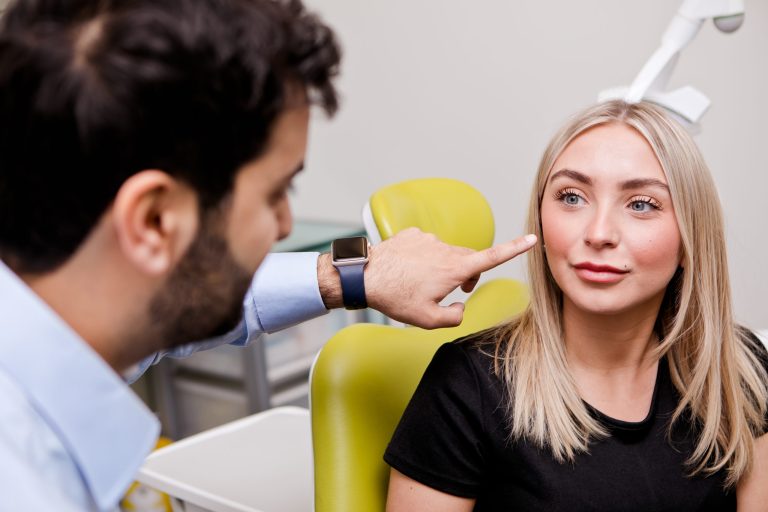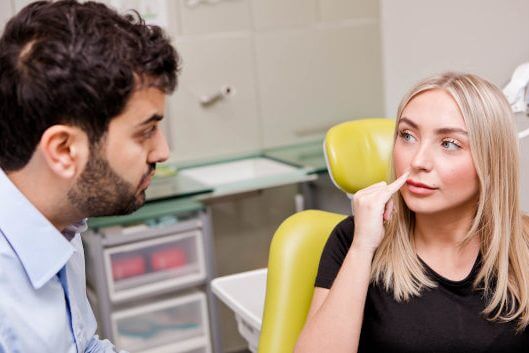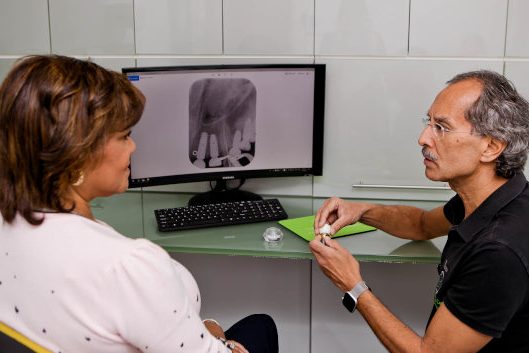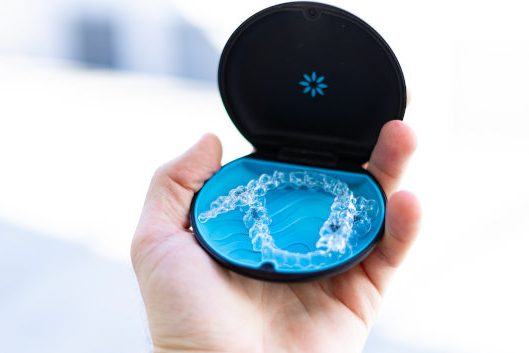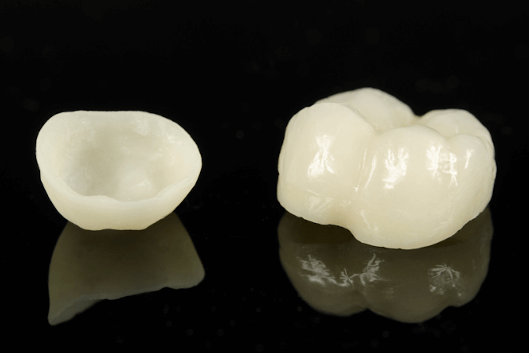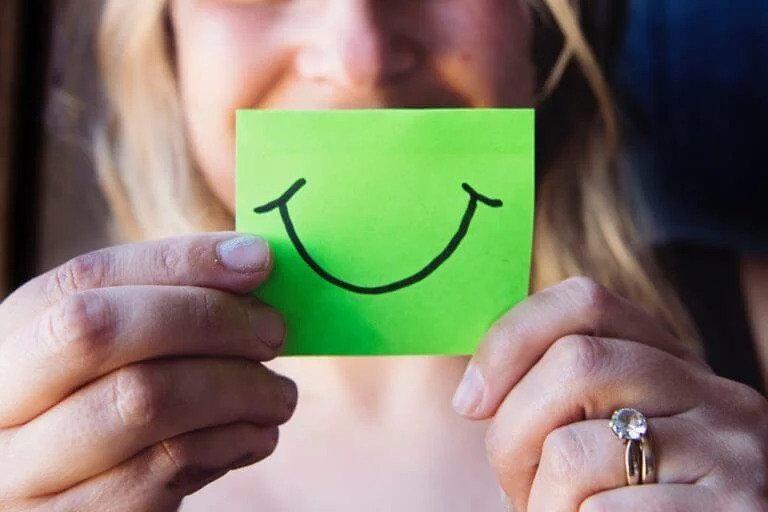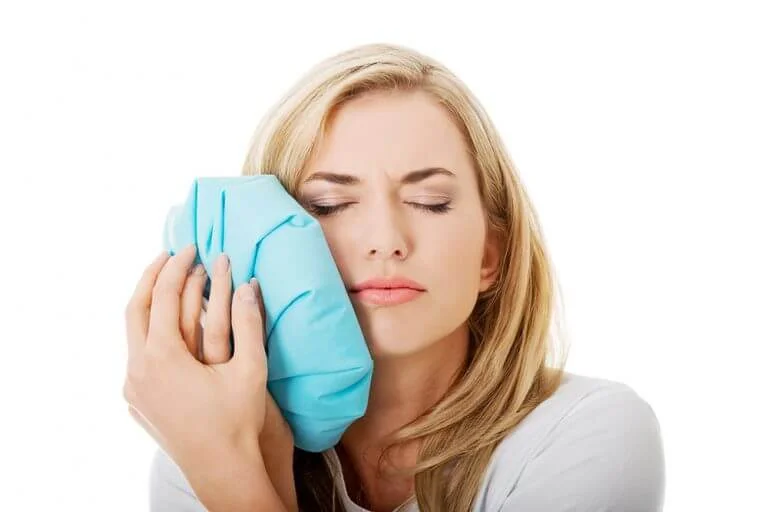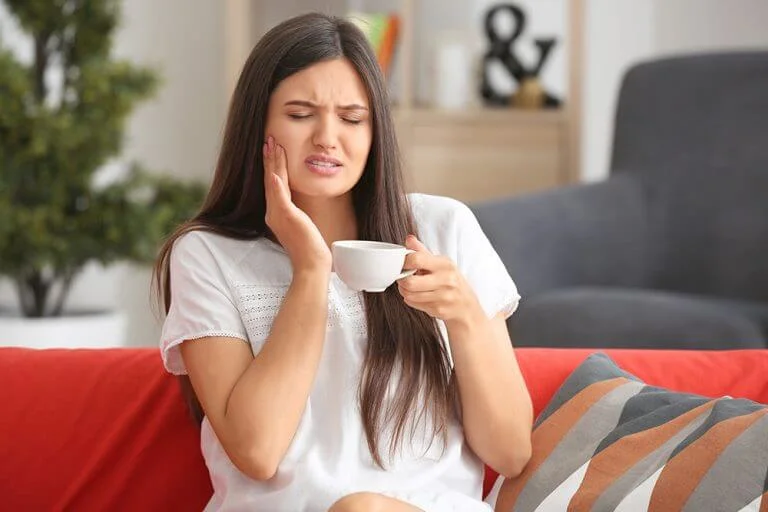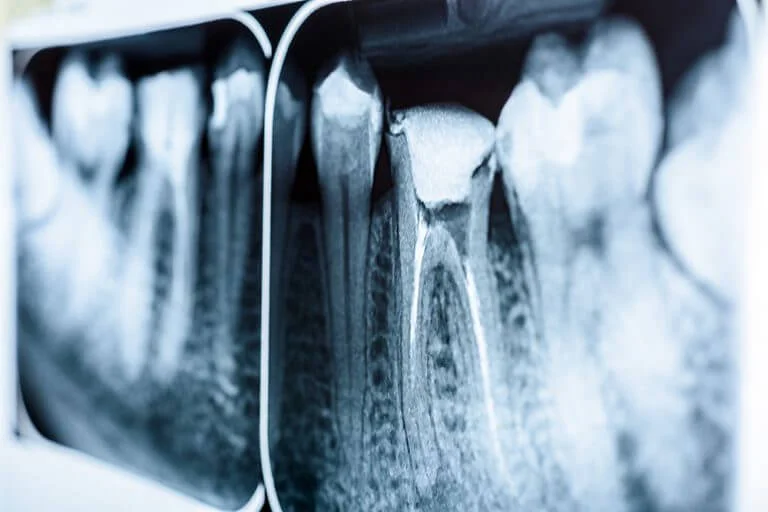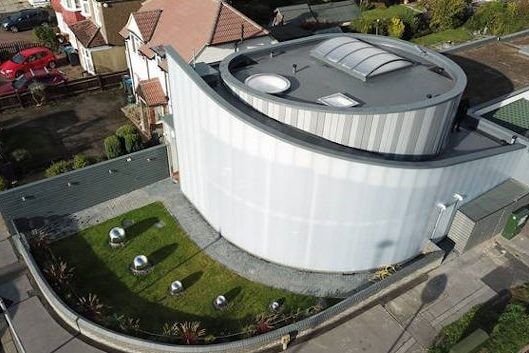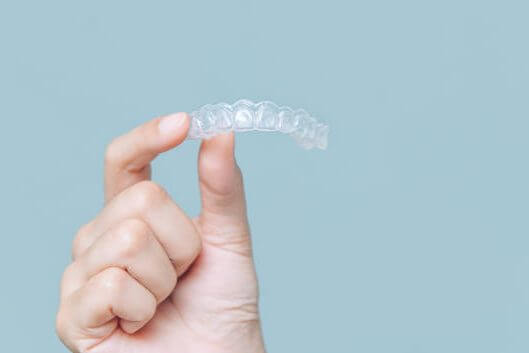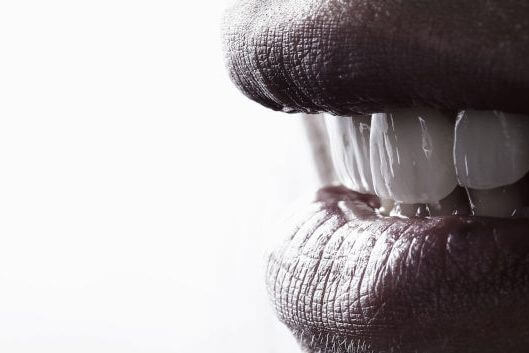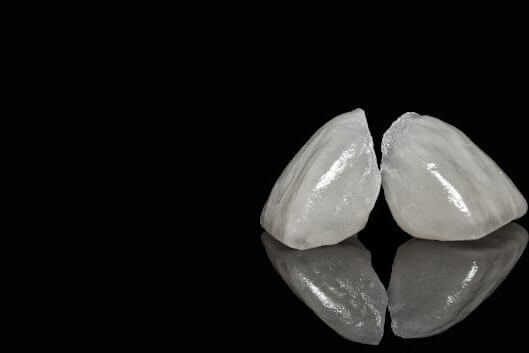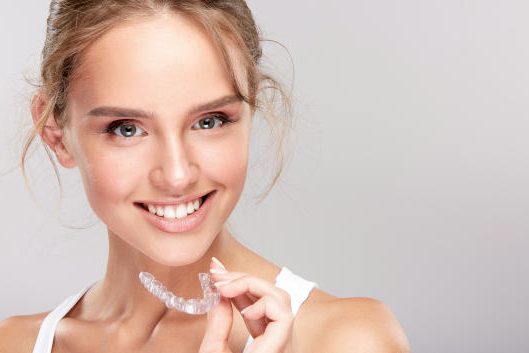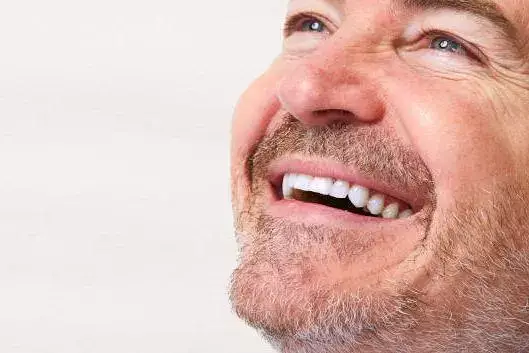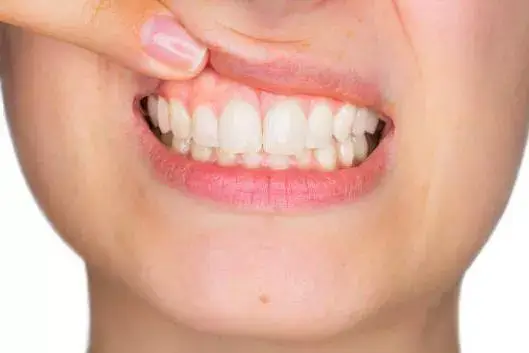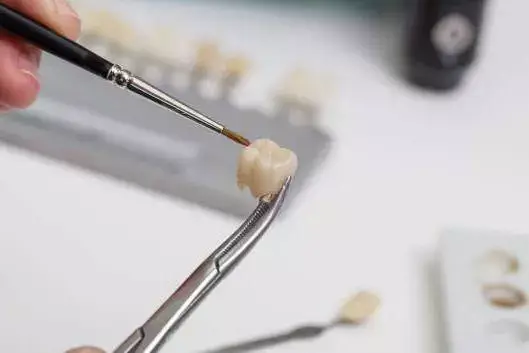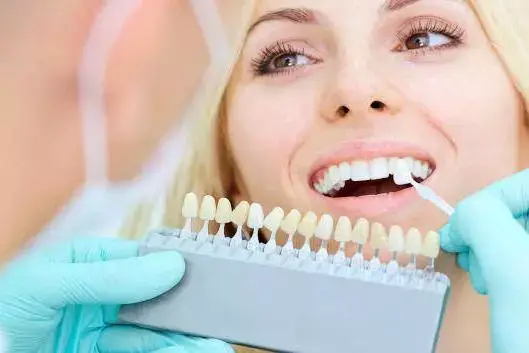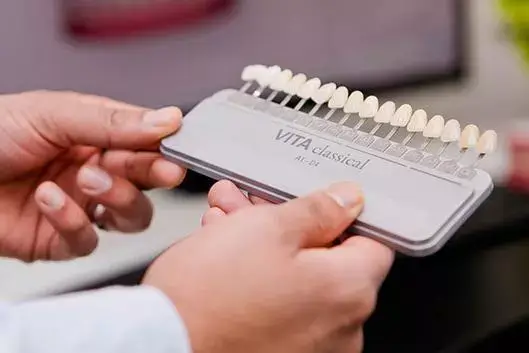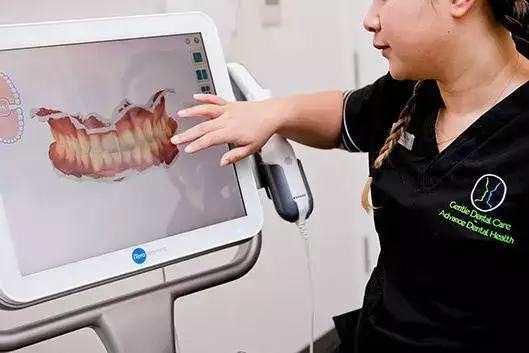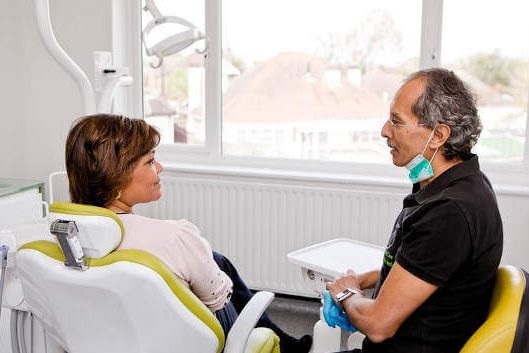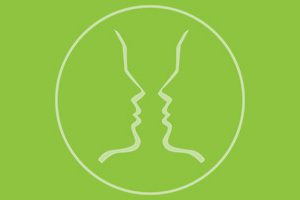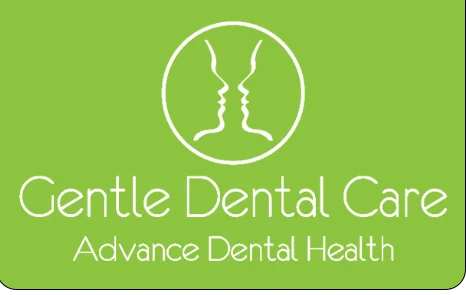The Effects Of Coffee On Teeth And Gums

Within this blog we will be covering all the key points to know about the effect of coffee on teeth and gums, including an overview on the effect of caffeine, the threat of sugar and the potential for other health issues.
Effects of caffeine
On the one hand, coffee and subsequently caffeine, does have several benefits including the immediate energy burst which is provided once consumed. Additional recognised benefits also include anti-inflammatory and antioxidant properties, as well as lowering the risk of certain oral cancers/gum disease.
The issue of these benefits is that a significant intake of coffee is required to acquire the benefits, usually between 4-6 cups a day. Subsequently, not only is this a fairly unrealistic amount of coffee to consume each day, but it can also be harmful if this amount is consumed. This is because it can lead to issues such as increased heart rate and ‘the jitters’. Furthermore, the oral benefits of caffeine reducing oral cancer/gum disease, is likely outweighed by the damage to your teeth if consumed in vast amounts. This is because significant consumption can cause you to become agitated and jittery and lead to an increase in bruxism. Subsequently, this can be extremely harmful and destructive to teeth.
Moreover, coffee has the visible effect of staining teeth, especially when drunk in substantial amounts and if coffee is particularly strong/intense. In these scenarios the dark staining will be visible very quickly and while teeth whitening with hygienist care can reverse this, it is best to avoid the issue occurring in the first place.
Threat of sugar
A key issue that comes about from coffee consumption is the significant amount of sugar that is in turn, consumed. This is especially worsened when purchasing coffee drinks externally from major chains where sugar is often already mixed in, against making coffee yourself in which you can control your sugar intake. While certain coffees you can purchase do come with limited or no sugar at all such as espressos, the majority of options available are very high in sugar. This is shown clearly with the figures below, which shows the average sugar per every 500ml of certain coffee drinks at major chains
- Latte – 1.2 tablespoons
- Mocha – 2.5 tablespoons
- Cappuccino – 0.7 tablespoons
- Caramel Macchiato – 2.3 tablespoons
- Flavoured Lattes – between 2.3 and 2.5 tablespoons
At first these figures may not seem too bad however, when you consider that the sugar is in tablespoons and no teaspoons it makes for much worse reading. If roughly transferred from tablespoon to teaspoons such drinks as a caramel macchiato have almost seven teaspoons of sugar within just a 500ml cup. For example, if an individual was to have a morning cappuccino and a lunch time caramel macchiato then they would have already consumed nine teaspoons of sugar midway through the day, excluding the other items they may have consumed alongside the drinks. Based on NHS recommendations of under 30g of added sugar per day then you are already exceeding that figure by midday with coffee alone.
Further health issues
Alongside the aforementioned issues, there are many other health issues due to high sugar intake, with obesity being a major one. The effect of sugar on our teeth is well known and while in the past kids have been taught to avoid sweets to reduce sugar intake, hidden sugars are far more difficult to avoid in this day and age. Coffee being just one example of these hidden sugars.
While sugar does provide us with energy it also energises bacteria which can lead to several dental problems. If these problems intensify further then it can lead cause permanent damage to our enamel, and lead to tooth decay. Moreover, there is the potential for sore/bleeding gums and potential periodontal disease. Subsequently, if you happen to be a very heavy coffee drinker, then cutting down is ideal to avoid the aforementioned nasty side effects. Ideally you should try to switch to water as it helps hydrate you and flush away troublesome food particles & excess bacteria in your mouth.
If it’s been a while since your last visit to the hygienist, contact us today and we’ll get you booked in.
Call 020 3925 3846 or fill in our form to enquire about your consultation.
